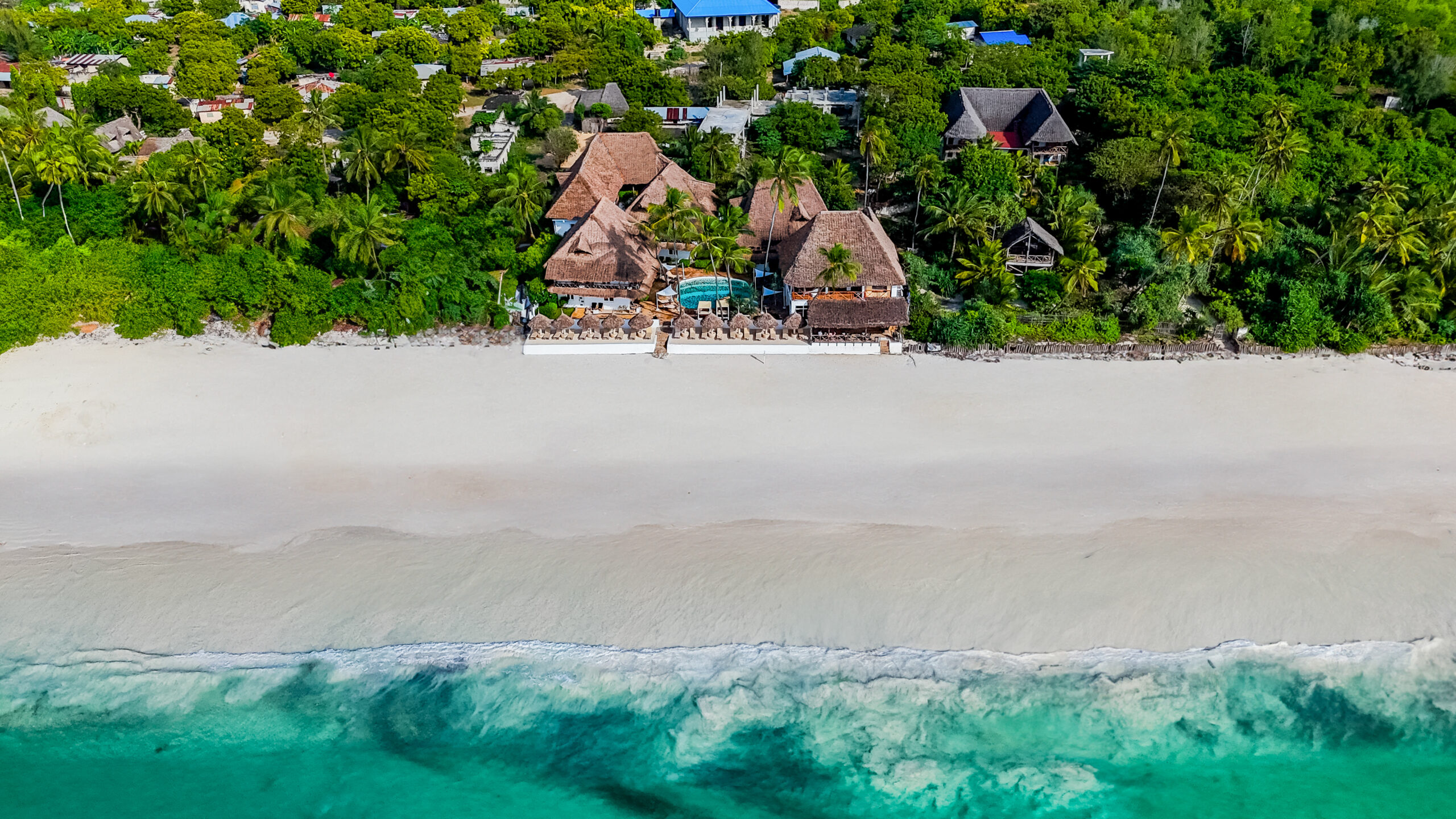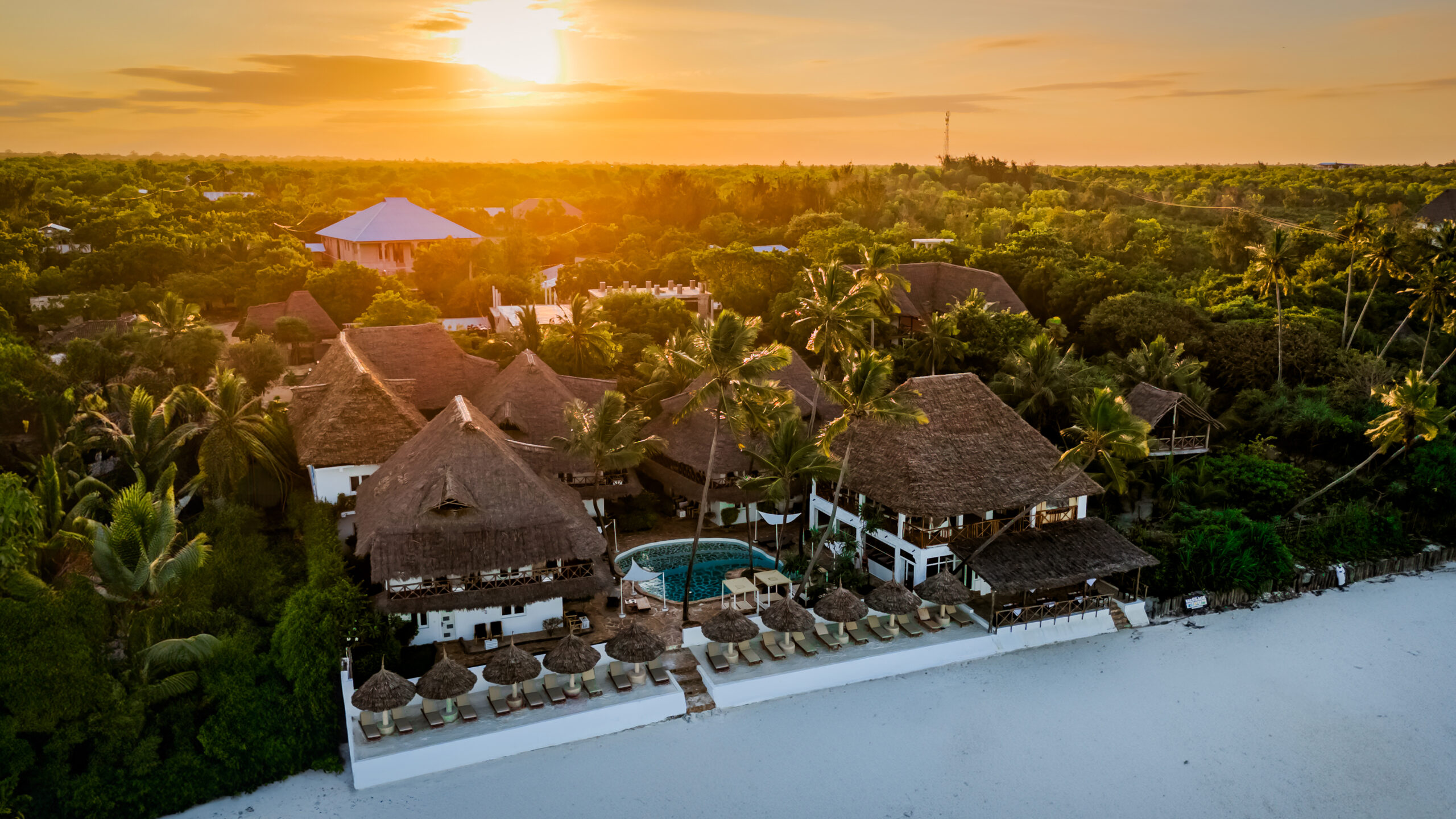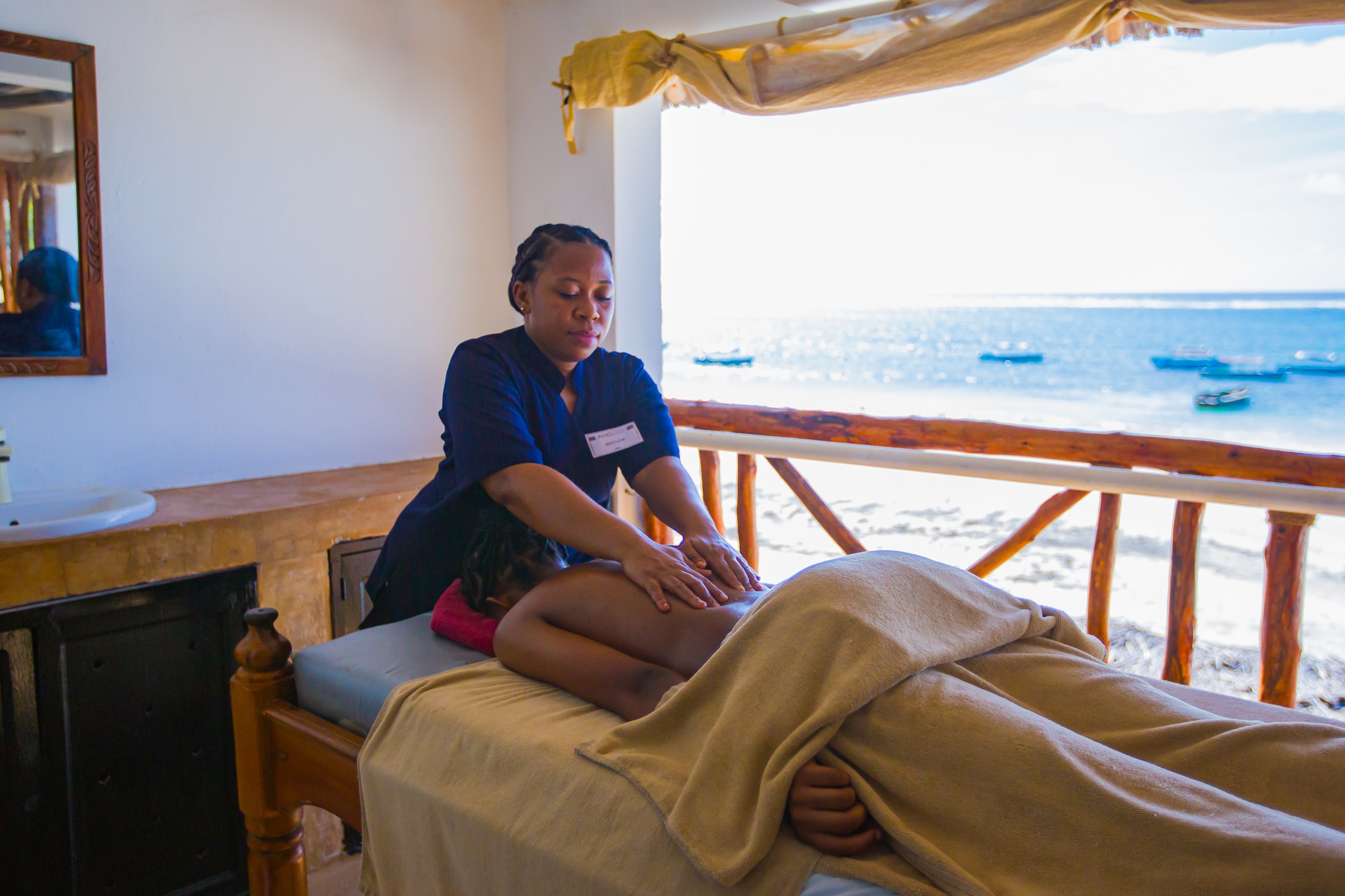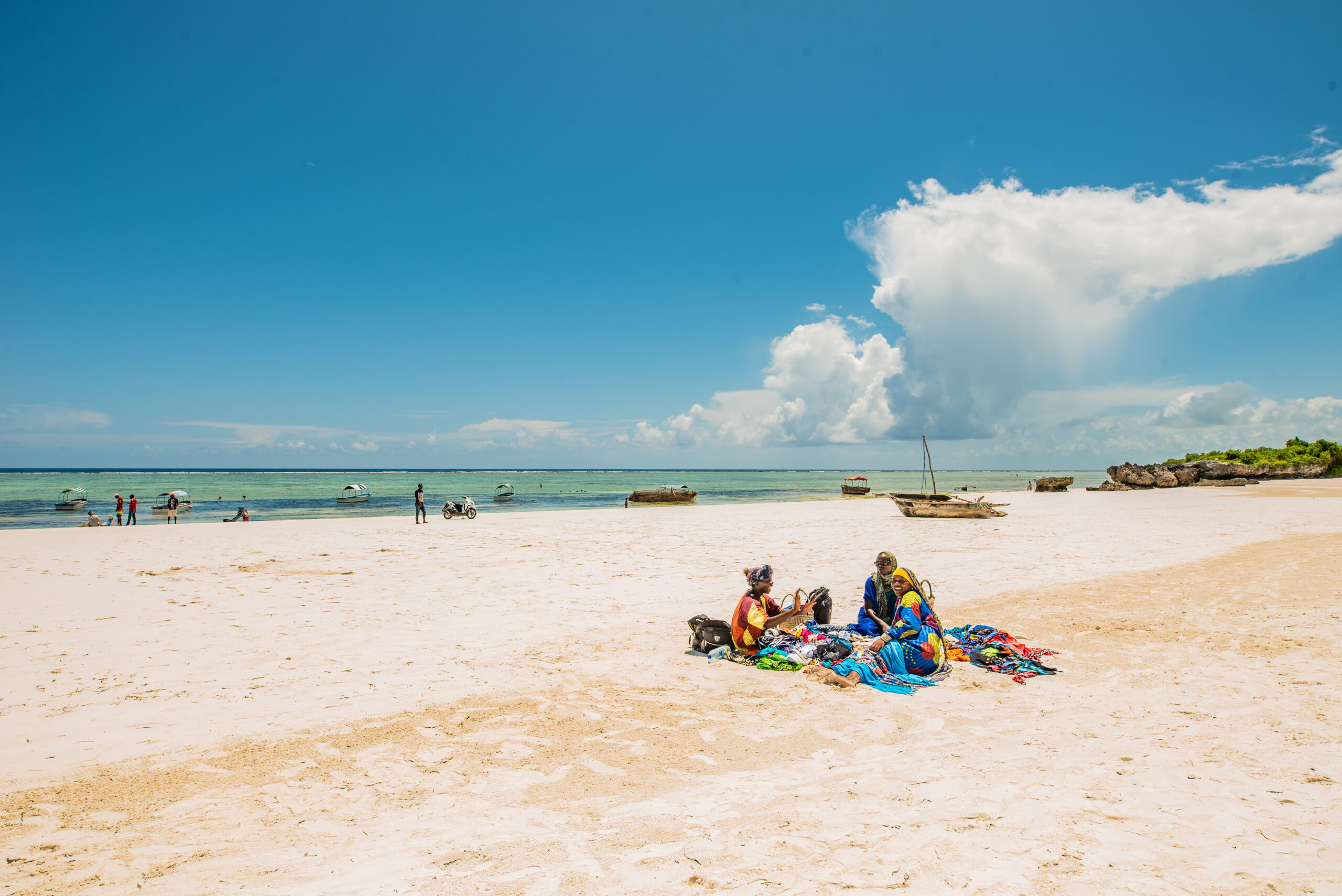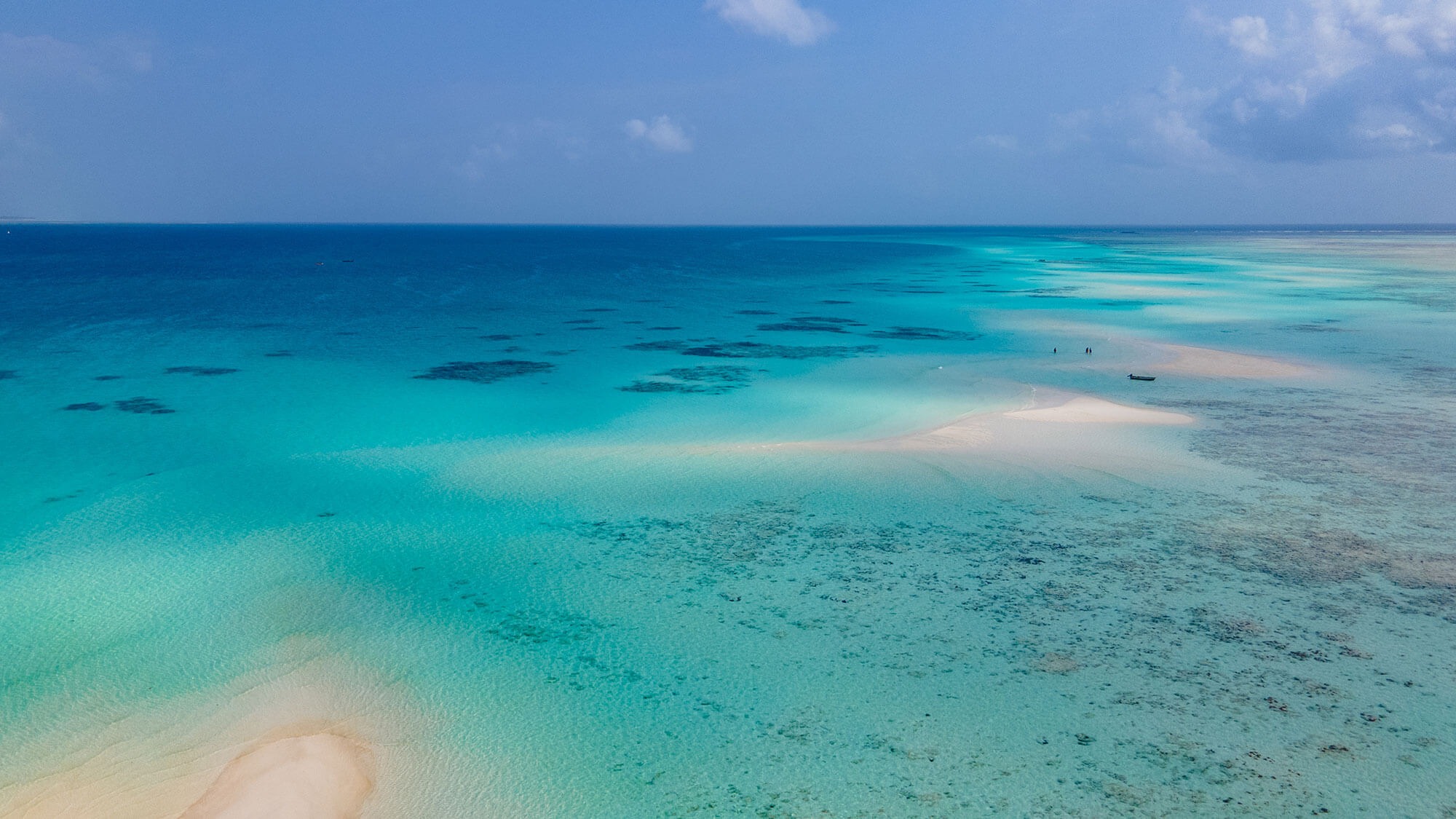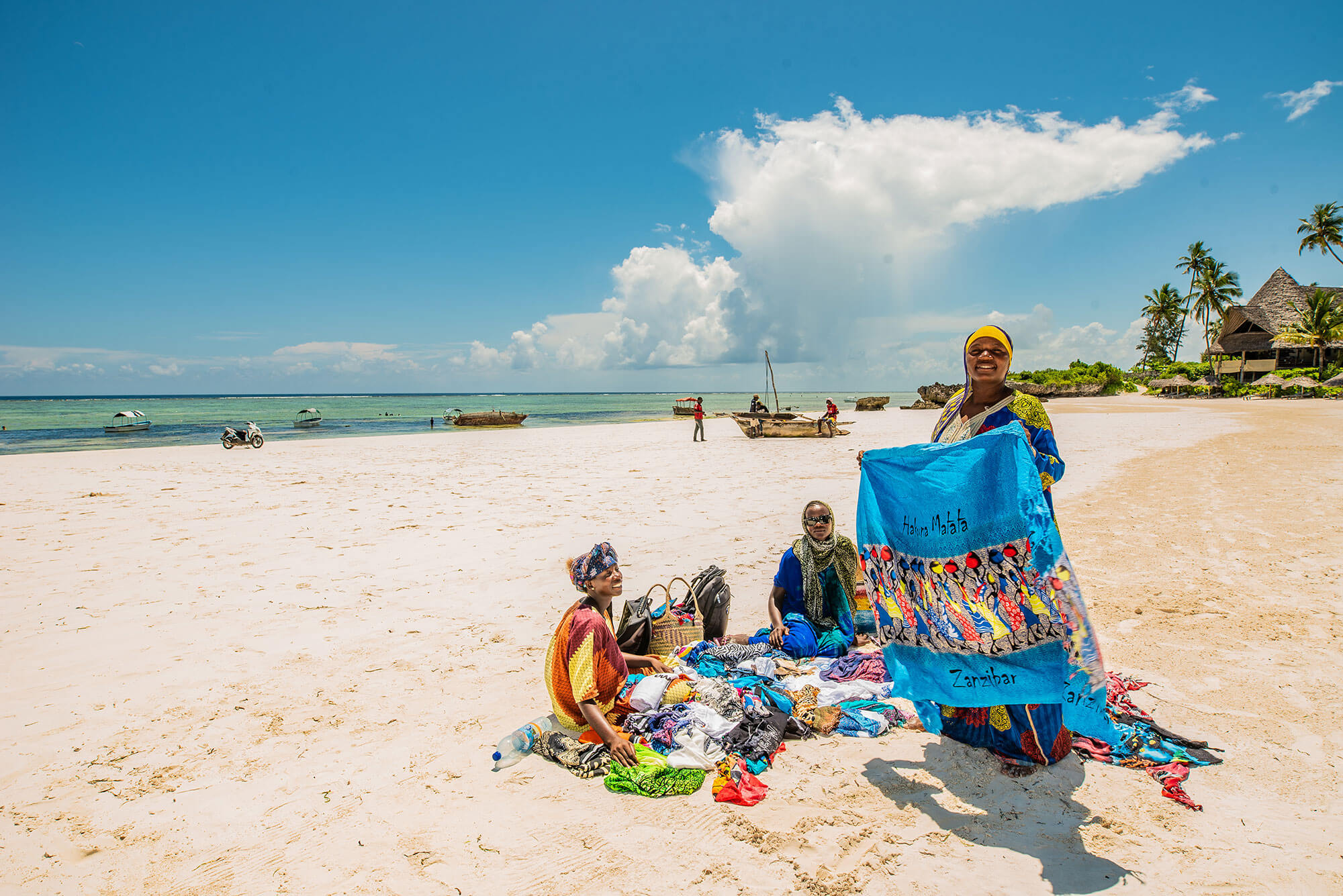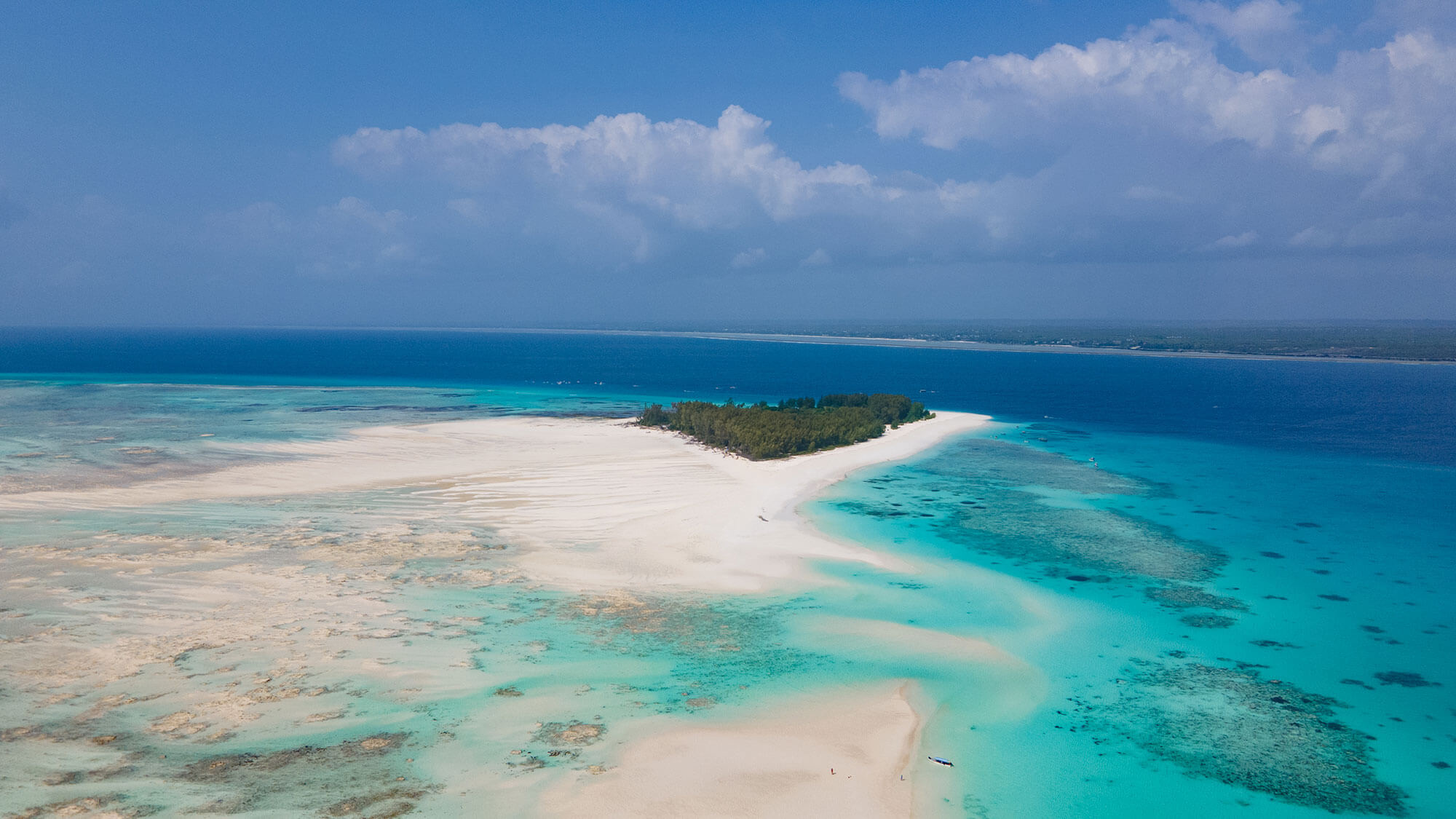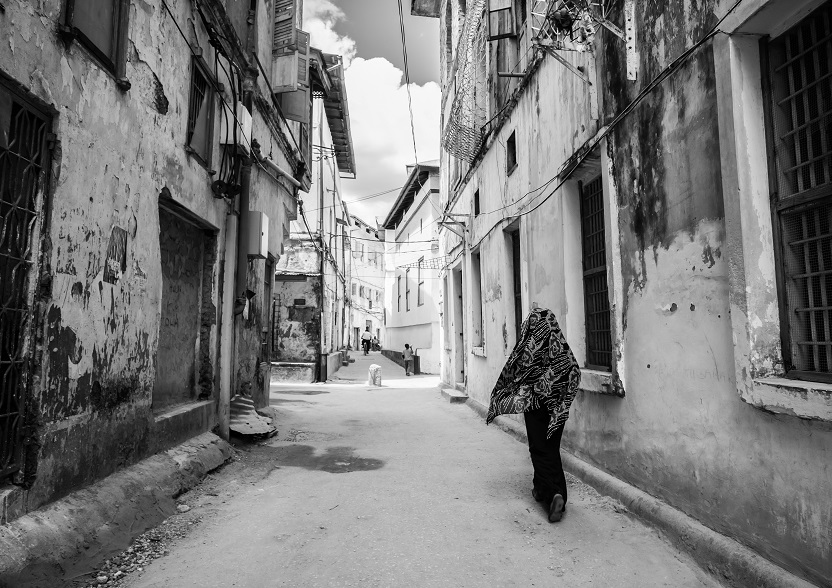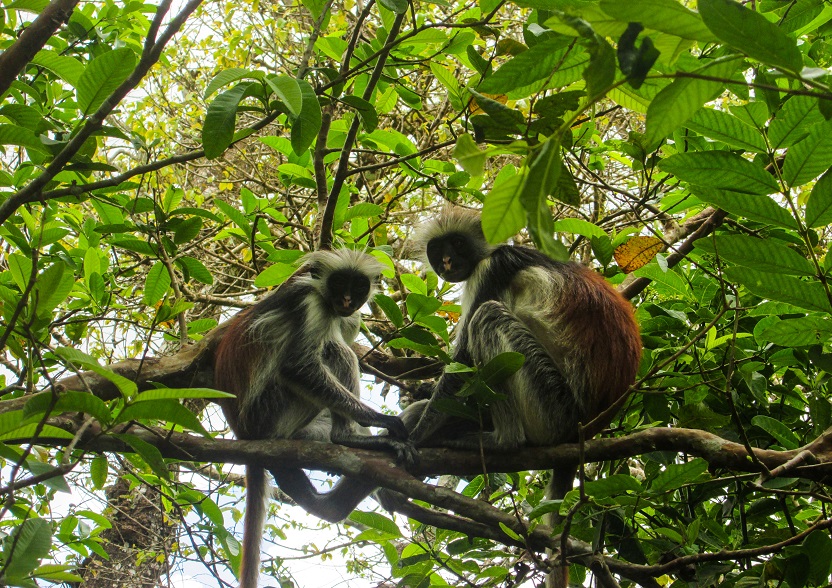Destinations
Untouched paradise
Pristine beaches, clear seas, rich wildlife
Its capital Stone Town, a UNESCO World Heritage Site, exhibits a rich tapestry of cultural influences. The archipelago is home to approximately forty smaller islands, such as Mnemba, Mafia, and Tumbatu, renowned for their boat excursions, dolphin encounters, snorkeling opportunities, and idyllic spots for sunbathing.
Unguja, the largest island in the group, is characterized by its sweeping sandy beaches and the tides phenomenon that unveil hidden sandbanks and grant passage to the reefs at low tide, offering a glimpse into the aquatic world beneath.
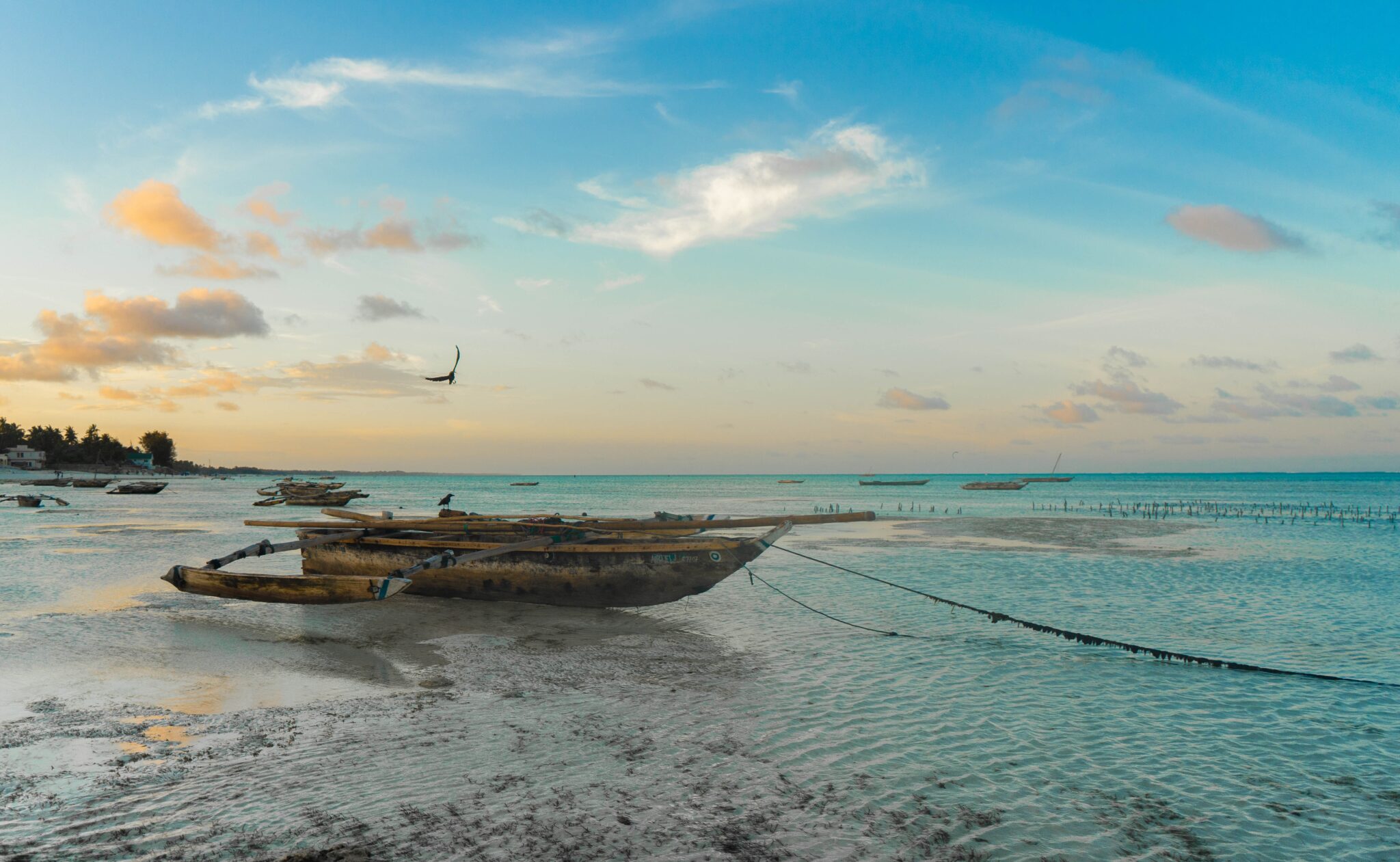
In the Surrounding Area
Discover the Wonders Around Waridi Beach Resort
Embark on a Journey to Nearby Attractions
Experiences
Dive Into Zanzibar’s Rich Experiences
Experience the Island’s Essence Through Unique Adventures
Explore with experts: from the aromatic Spice Tour and Safari Blue to the lush Jozani Forest, discover Zanzibar’s treasures.
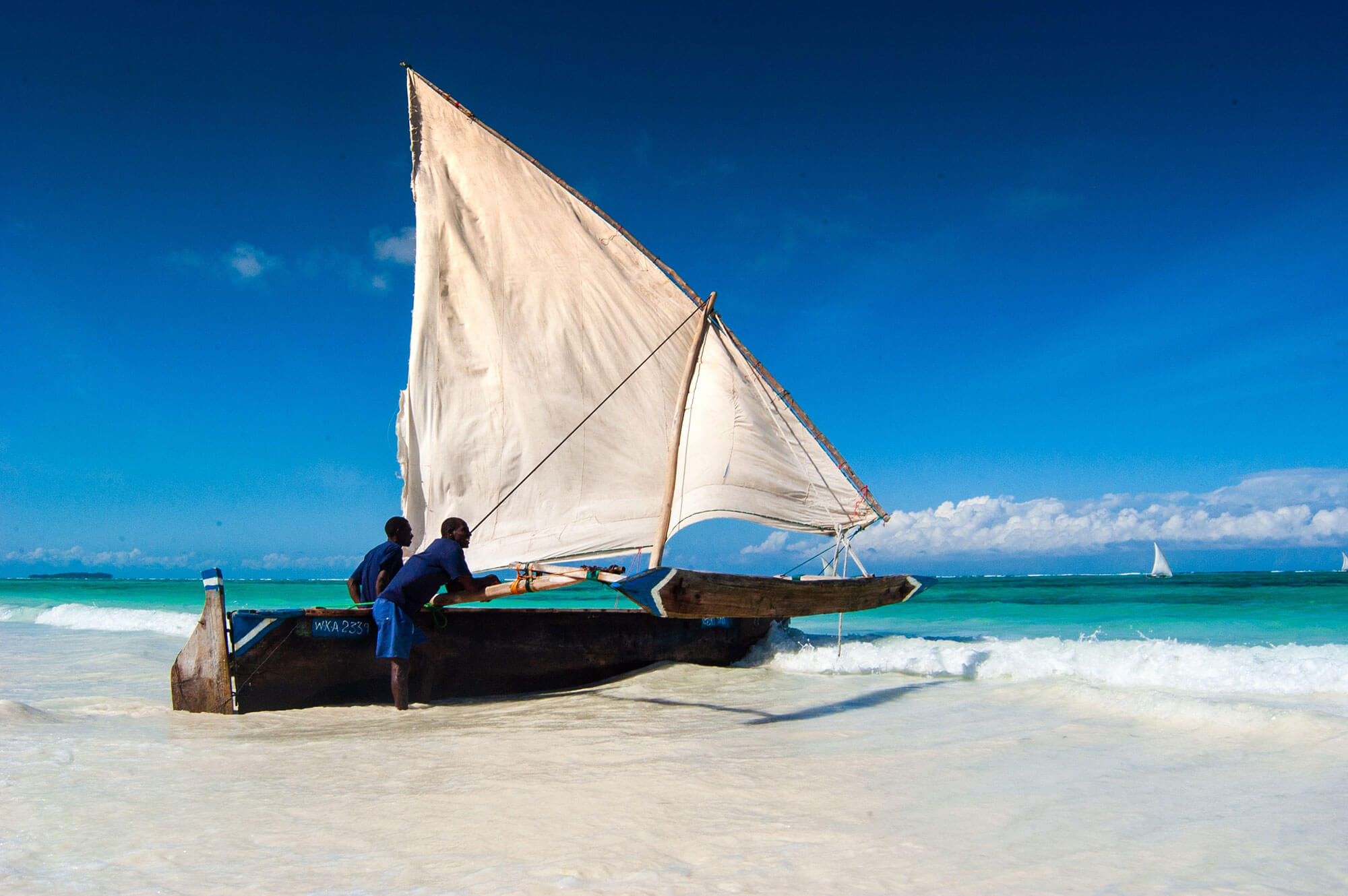
Useful Information
Prepare for Your Zanzibar Journey
Essential Tips for a Seamless Travel Experience
Before setting off on your Zanzibar adventure, it’s important to be well-informed about essential travel details. Knowing about required vaccinations, passport regulations, the local climate, language, and currency will ensure a seamless journey. By preparing with these key insights, you can fully enjoy Zanzibar’s breathtaking landscapes and vibrant cultural heritage without any concerns.

Climate
The climate is tropical monsoonal and has a high percentage of humidity.
Normally the season of “Big Rains” begins in late March and lasts until the beginning of June. While the “Small Rains” is between November and December and can last until January. The dry season covers the months from December to February and from June to October.

Document and Visas
You need a passport valid for at least six months from the date of departure and at least two free pages for the stamps.
To enter the island, you must be in possession of an entry visa, obtainable online (https://visa.immigration.go.tz/)or at the Zanzibar airport at a cost of $50.
Starting from the 1st of October 2024, Zanzibar authorities have introduced mandatory travel insurance for all visitors. For more information, please click the link https://visitzanzibar.go.tz/

Vaccinations
No mandatory vaccines, but bring personal and common meds like disinfectants, antibiotics, repellent, and sunscreen.
For stays on the mainland over two nights, Zanzibar customs requires a Yellow Fever certificate upon return.

Language
The official language is Kiswahili, but English is also widespread.

Currency
The local currency is the Tanzanian Shilling (TZS), but Dollars (USD) printed after 2007 are also used.
At the reception the daily change is displayed. We accept Visa and MasterCard credit cards.

Electricity
The electricity is 230 V and 50 Hz.
The sockets have three holes as in the UK and an adapter with flat slats, as the English type, is therefore recommended

